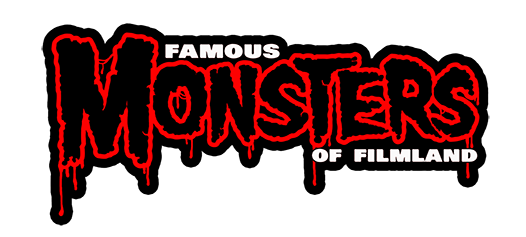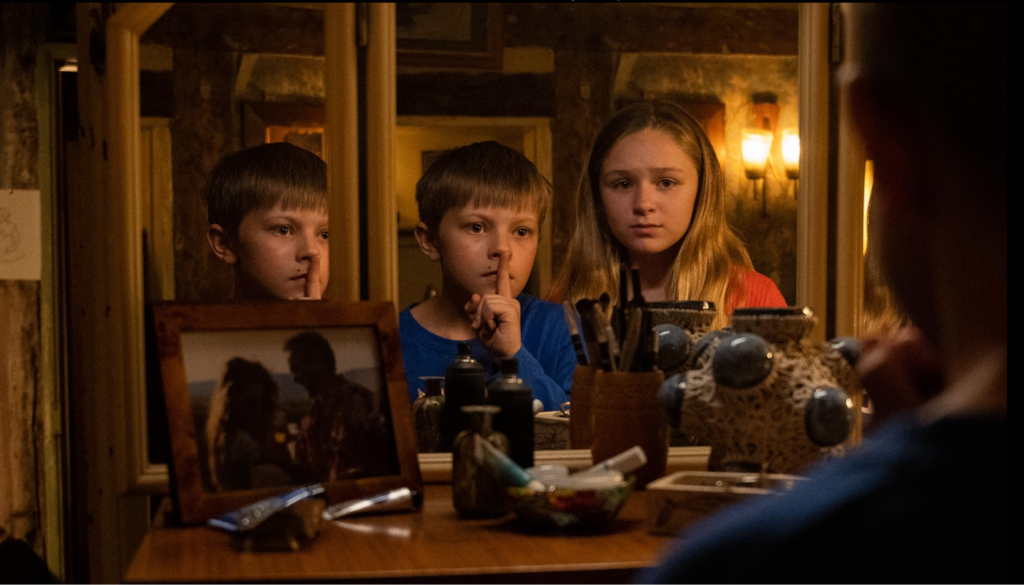The balance between light and darkness is a fragile one, and Speak No Evil (2024) walks that delicate line with chilling precision—well, for the most part. Directed by James Watkins and starring James McAvoy, Mackenzie Davis, and Scoot McNairy, this English-language remake of the 2022 Danish psychological horror Gaesterne retains much of the unsettling tension of its predecessor while choosing a decidedly more mainstream route toward its finale.
Speak No Evil: A Slow-Burn Story With the Weight of Politeness
The story centers on Ben and Louise Dalton, played convincingly by Scoot McNairy and Mackenzie Davis, an American couple living in London with their young daughter, Agnes (Alix West Lefler). After a chance meeting while on vacation in Italy, the Daltons accept a seemingly benign invitation to spend a weekend at the countryside farm of Paddy (James McAvoy) and his wife Ciara (Aisling Franciosi). What begins as an awkward yet promising cultural exchange quickly twists into a descent into discomfort, manipulation, and nightmarish revelation.
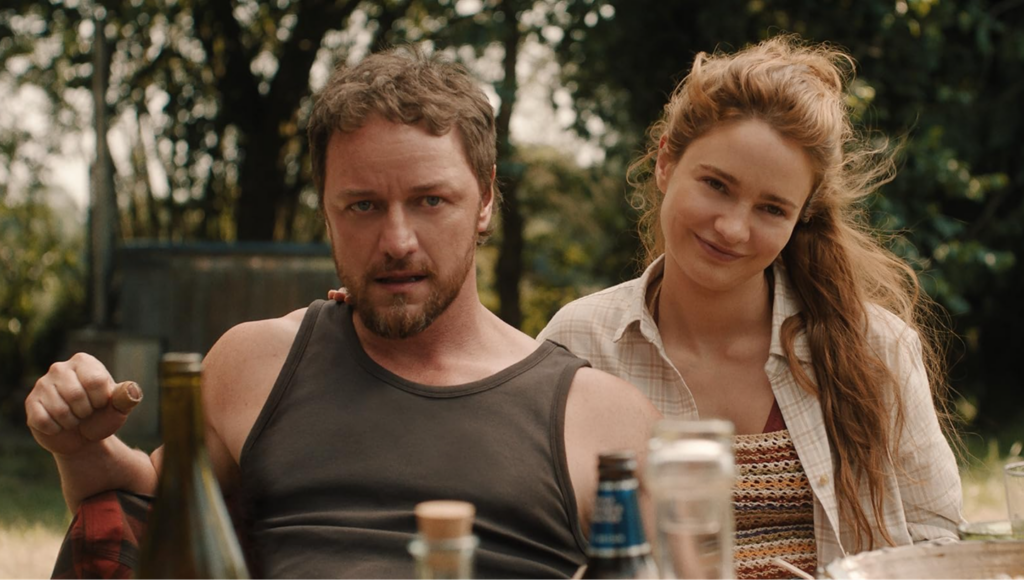
Speak No Evil leans heavily into its slow-burn approach—a divisive feature for any thriller. While this pacing successfully builds a gnawing sense of unease during the film’s first two acts, there are moments when the deliberate tempo begins to feel sluggish, testing the patience of even well-versed horror fans. Director James Watkins creates a sinister undercurrent by focusing on painfully awkward exchanges and unspoken social rules, though the payoff isn’t always as dynamic as the tension demands.
James McAvoy, A Grinning Nightmare
Amid the uneven tone and pacing, James McAvoy’s performance is easily the film’s strongest asset. His portrayal of Paddy is layered, charming, and deeply unsettling. With a smile that hints at buried malice, McAvoy imbues his character with a magnetic charisma that keeps both the Daltons and the audience guessing—are his eccentricities merely harmless quirks or evidence of something far more sinister?
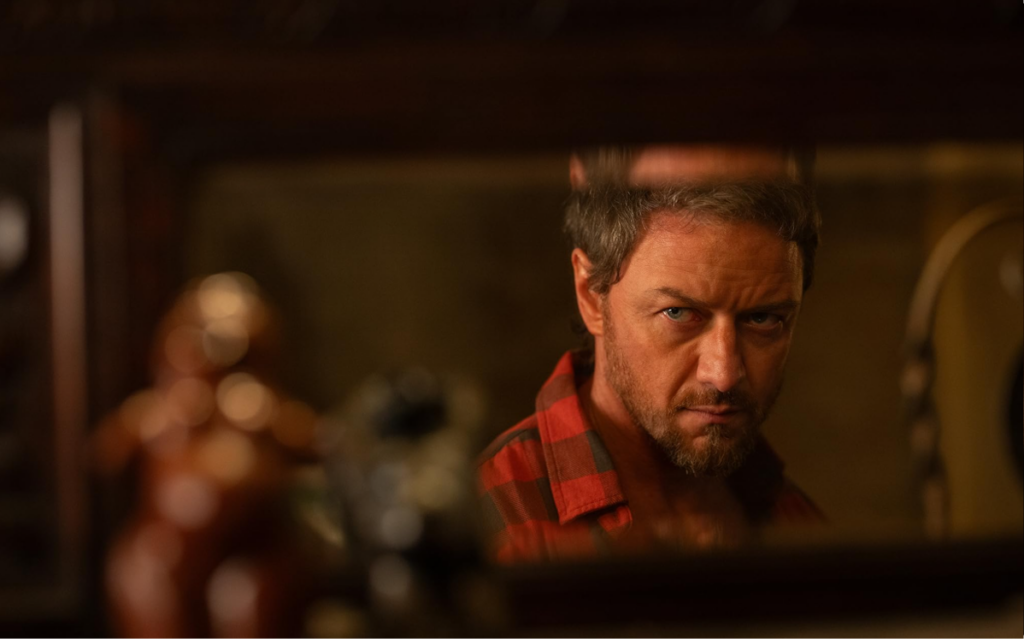
It’s in the subtler moments that McAvoy truly shines. Whether reciting poetry with an ominous subtext or goading Louise into breaking her vegetarian convictions, McAvoy gradually escalates Paddy’s menace, creating an unnerving, skin-crawling effect. Unfortunately, the script spends little time developing Paddy’s motivations beyond surface-level deviance, leaving McAvoy to do much of the heavy lifting in adding depth to his character.
Supporting Cast and Strong Foundations
Scoot McNairy and Mackenzie Davis bring an earnest energy to their roles as the increasingly uneasy Ben and Louise. McNairy particularly excels in conveying the suppressed masculinity and internal conflict of his character, adding a rich layer to their interactions with their unsettling hosts. Their dynamic as a couple—strained by professional failure and cultural isolation—injects a human fragility into the narrative, amplifying the horror as they continuously brush off red flags for the sake of propriety.
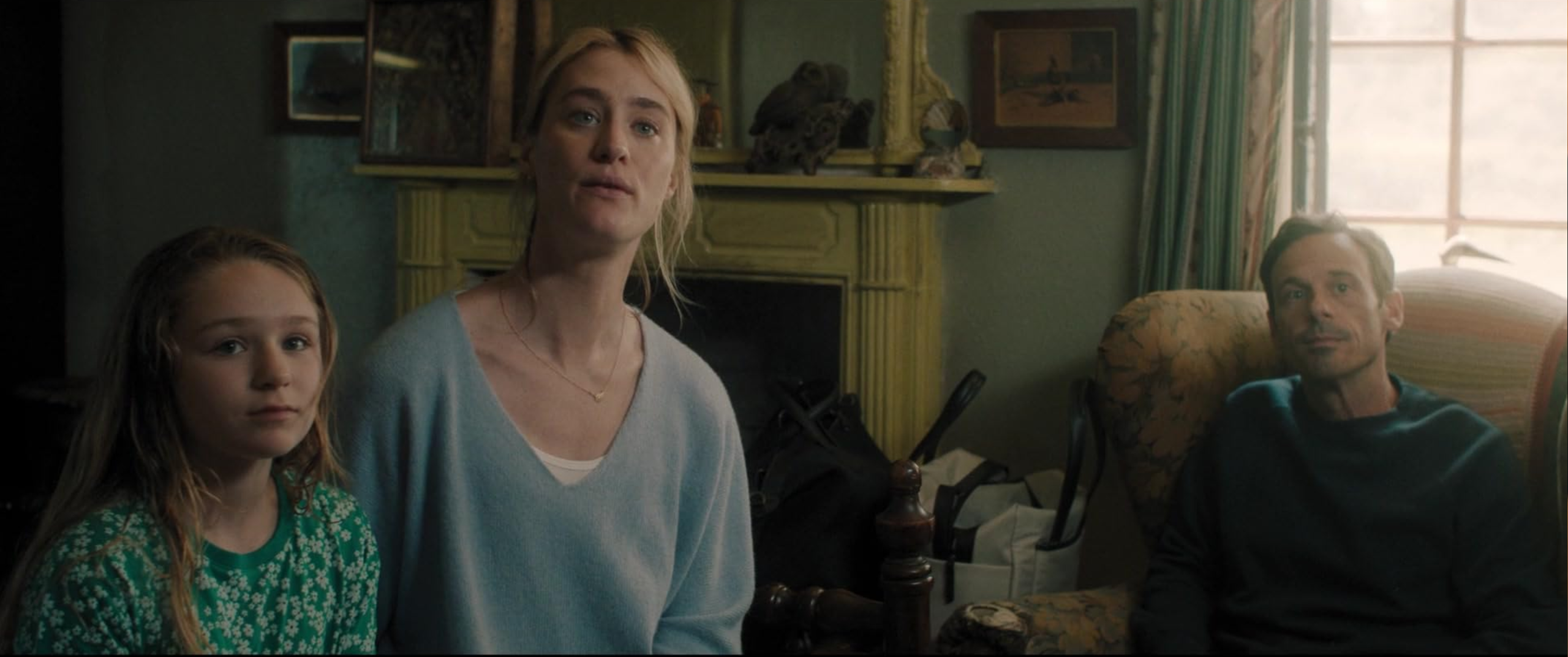
Franciosi’s Ciara, on the other hand, offers intrigue but feels underwritten. Effective in her slippery demeanor, she serves as a counterbalance to McAvoy’s energy, though the film doesn’t fully explore the complexity behind her actions. Alix West Lefler and Dan Hough also deserve credit as the children, whose performances feel authentic and integral to the film’s emotional stakes.
A Familiar Yet Dizzying Descent
Production-wise, Speak No Evil boasts an elegant aesthetic that helps maintain its atmospheric tension. The isolated farmhouse is rustic and subtly eerie, with carefully crafted design elements hinting at underlying danger without leaning into cliché haunted-house tropes. The lack of cell service and abundance of ominously “cozy” home-cooked meals might feel familiar to genre fans. Still, these choices are executed with enough polish to sustain audience interest.
However, it’s in the final act where the film falters. Diverging from the Danish original, Watkins opts for a more action-driven conclusion, complete with barricades, improvised weapons, and chaotic clashes. While undeniably entertaining, this abrupt shift into traditional thriller territory dilutes the psychological and moral dilemmas that had been so meticulously established. Fans of the original who appreciated its bleak, uncompromising ending may find themselves yearning for a touch more restraint.
Treading Between Horror and Commentary
One of the most fascinating aspects of Speak No Evil is its commentary on social norms. The Daltons’ inability—or unwillingness—to reject their hosts’ increasingly bizarre behavior speaks to the human tendency to avoid confrontation at all costs, even in situations that scream danger. This biting analysis of unspoken societal rules is where the film shines brightest. Unfortunately, the need to conform to a more conventional horror formula in the climax somewhat undermines its potential for deeper impact.
Final Thoughts on Speak No Evil
Speak No Evil (2024) is a well-crafted psychological horror film that toes the line between cerebral dread and mainstream thrills. It may not surpass the bleak artistry of its Danish predecessor. However, it still manages to carve its own identity through strong performances—particularly James McAvoy’s scene-stealing turn—and an unsettling exploration of human vulnerability.
Those seeking a slow-burn psychological experiment peppered with moments of intense discomfort will find much to admire. However, it’s worth tempering expectations for a finale that sacrifices depth for spectacle. While not a perfect film, Speak No Evil is certainly a noteworthy addition to 2024’s roster of horror remakes, and its study of polite horror leaves plenty to talk about after the credits roll.

